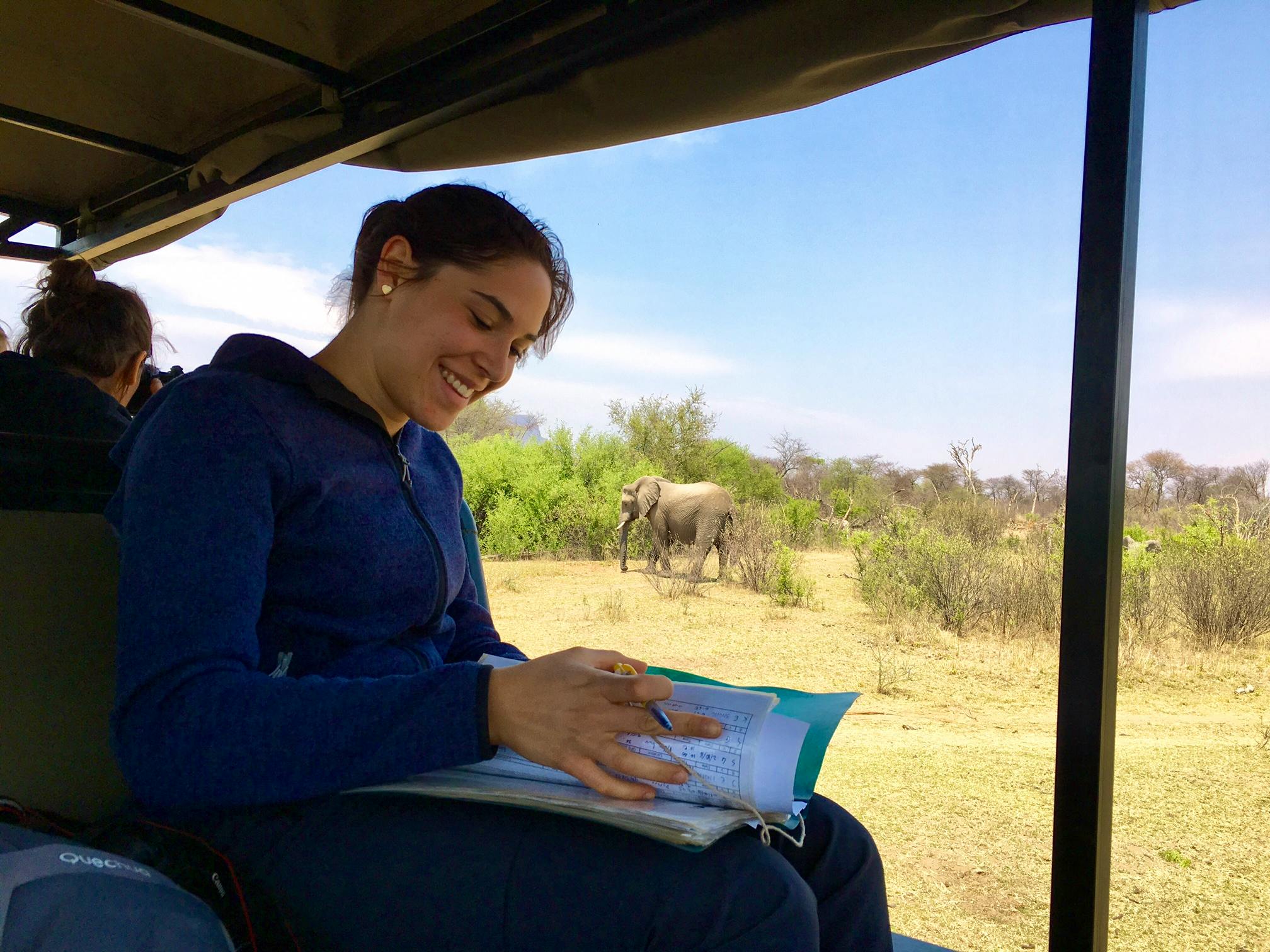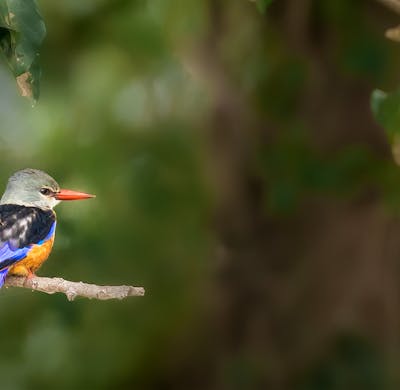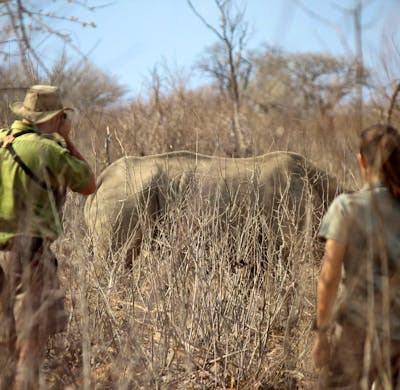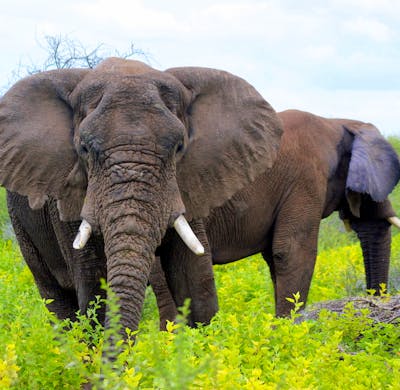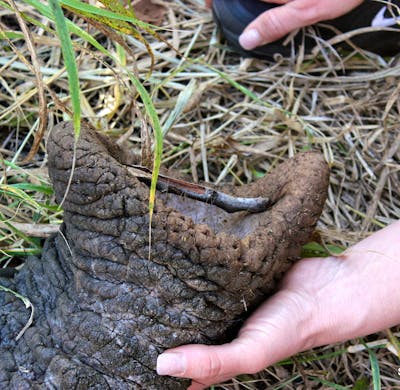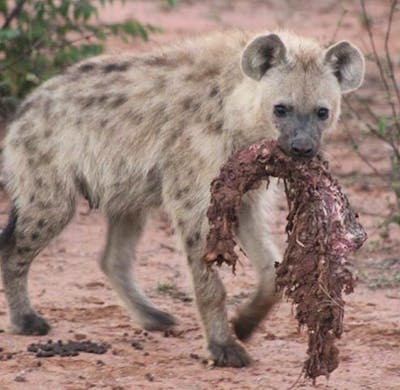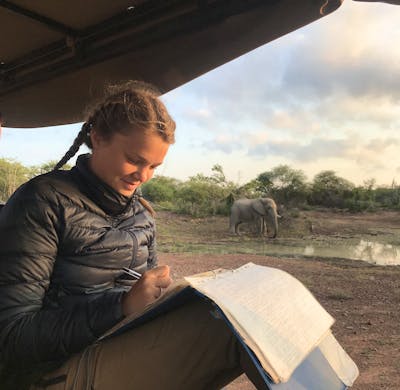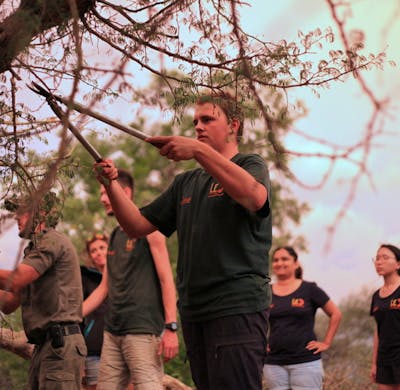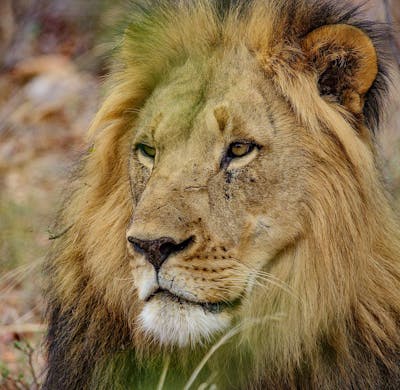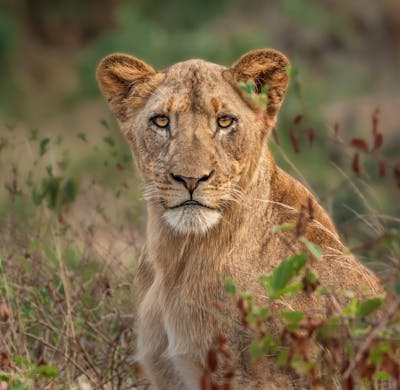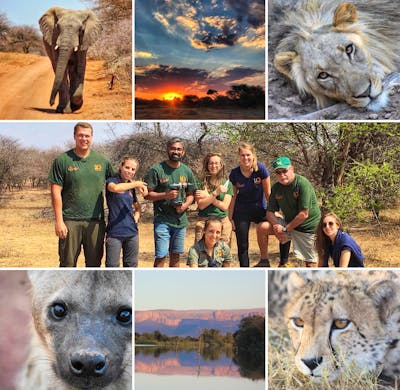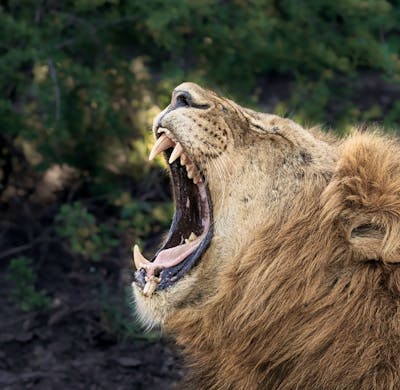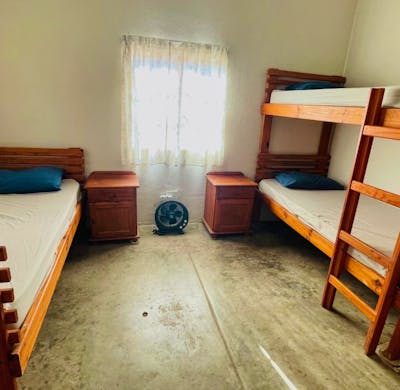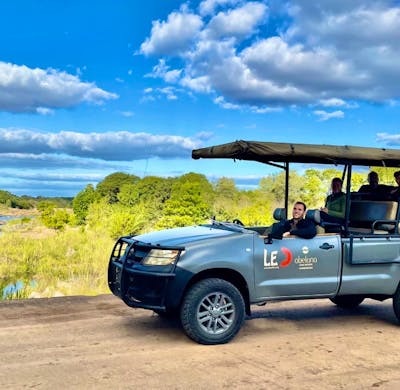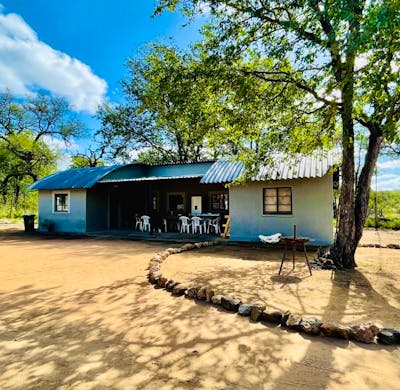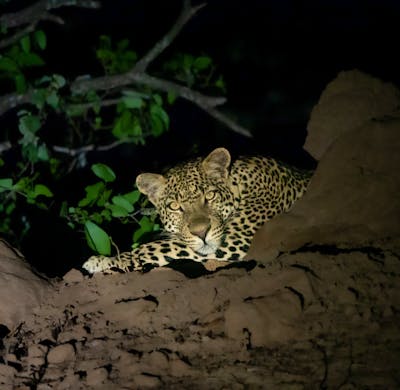from 1,610€
Big 5 Monitoring, Conservation, Sustainable Living
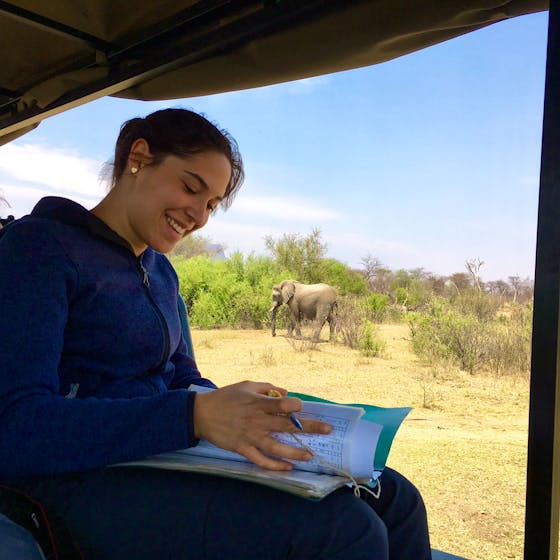
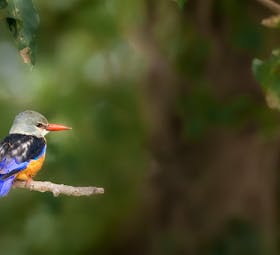
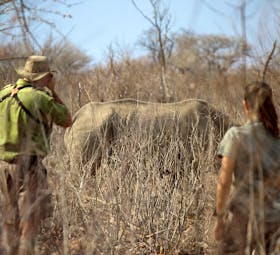
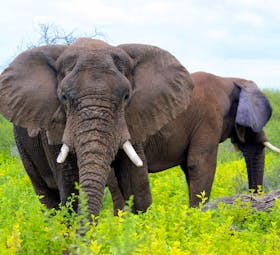
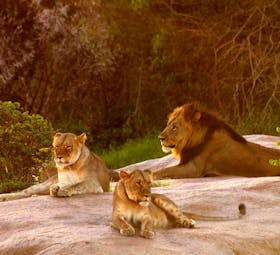
Highlights
- Live as a ranger: join two monitoring drives per day, spending up to12 hours in the field, assisting with Big 5, hyenas, cheetah and endangered species monitoring and conservation activities
- Your contribution is key! You will join our rangers in vital conservation activities, ensuring a healthy environment for the survival of these incredible species
- Gain incredibly valuable experience in real conservation, data recording, wildlife observation, tracking, anti-poaching and camera trap processing
- Join our rangers in unique activities, such as daily bush walks to monitor key species in their habitat, sleep outs, microlight flight over the reserve, quad bike rides and so much more
- Embrace sustainable living practices and make a difference by reducing plastic, adopting zero-waste habits, while utilising solar energy at camp.
Especially suitable
About the program
Give your contribution towards wildlife conservation! Learn about animal behaviour, reserve management and anti-poaching while living a lifetime experience! 🇿🇦
The aim of the LEO Africa research project is to provide park wardens and ecologists with detailed information about wildlife within Abelana Game Reserve. This information is used to evaluate the impact of re-introduced animals and to maintain balanced, stable, and sustainable ecosystems.
Your time ...
Typical day
Free-time activities
Activities for the free time: reading, data analysis/Camera Traps (in depth, at the volunteer discretion), see ID kits, educational FGASA Talks on request, excursions, relax, watching movies.
Volunteers also have the opportunity of visiting the surrounding areas taking part in some excursions that ...
Requirements
What's Included
What's NOT included?
Details on arrival
Our weeks run from Sunday to Saturday, so we kindly ask volunteers to arrive in Johannesburg OR Tambo preferably on saturday night at Johannesburg OR Tambo and spend the night in a guesthouse close to the airport. You can start any Sunday of the year according to availability. For the Saturday of departure, volunteers need to book a flight that leaves Johannesburg OR Tambo on Saturday evening after 20.00.
We provide airport pick-up/drop-off in in Johannesburg with our minibus/with a third party private transfer every second week. When we do not organise our transfer, volunteers can reach LEO Africa with a plane to Hoedspruit (we will then pick you up in Hoedspruit). For details about transfers, please contact us!
Transfers on road are included in the price!
Should you wish to self drive, this is possible but please consider that the rental car should be kept for the duration of the stay as the closest car rental place is Johannesburg OR Tambo itself.
Program fees
Meet your organization
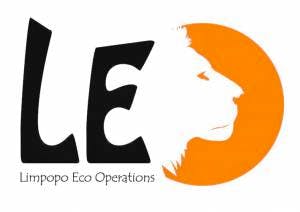
LEO Africa
Agency - founded in 2005
Verified by Volunteer World
Coordinated by
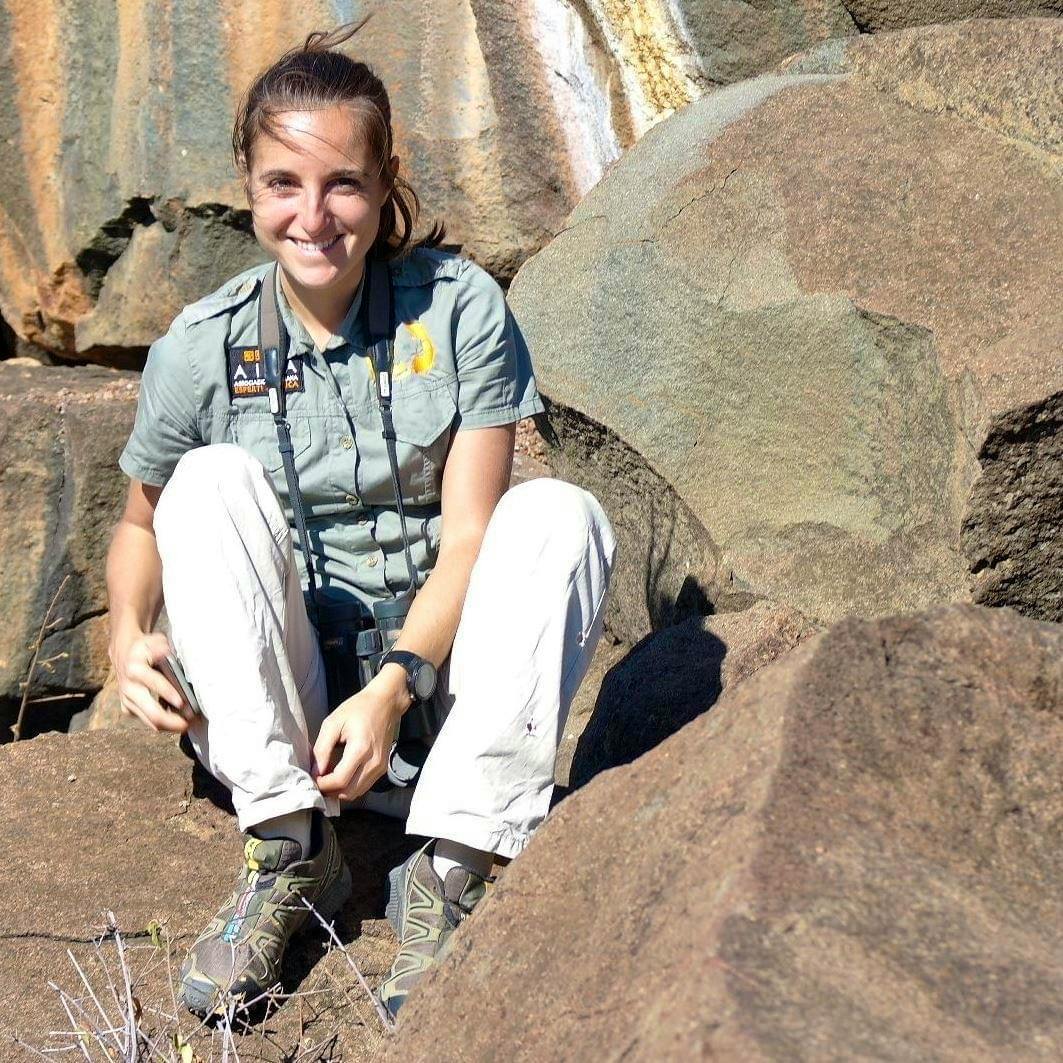
Sabrina
About the project
44 reviews ·  4.7
4.7
Location

You might also be interested in
-
Premium
Cheetah Conservation
Elephant Conservation
Leopard Conservation
Lion Conservation
Rhino Conservation
Mission Trips
Projects Abroad
Elephant Wildlife Sanctuary
Big Cats
Couples
Global Volunteer Opportunities
African Wildlife
Elephant Sanctuary in South Africa
Cheetah Wildlife Sanctuary
Big 5
Lion Conservation in South Africa
Animals in Africa
Voluntouring
Adults
Best Volunteer Programs
Group Volunteering
Planning a Gap Year in South Africa
Cheetah Conservation in South Africa
Rhino Conservation in South Africa
Wildlife in South Africa
Animals in South Africa
Mission Trips to Africa
South Africa Big Cats
50 Plus Volunteering
Volunteer Trips for College Students
